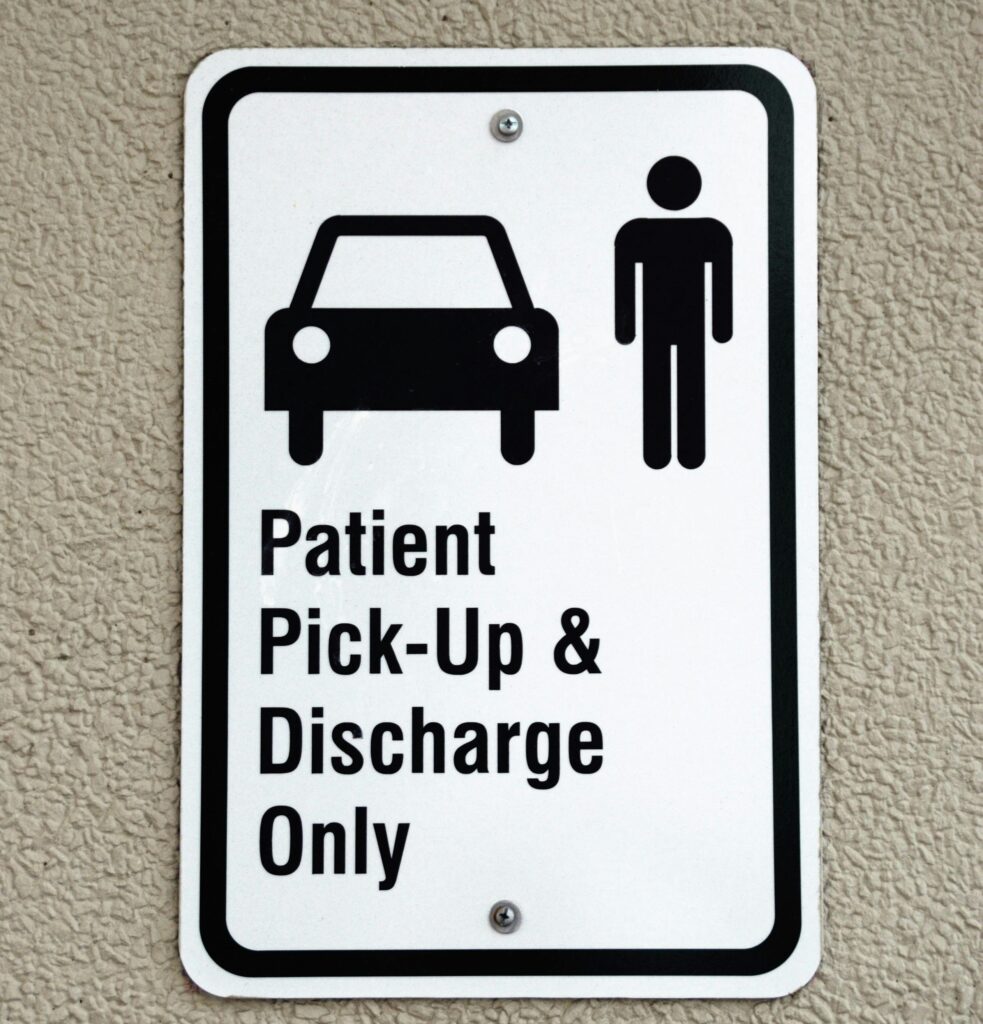You are going along in your daily life and suddenly you get a call: “_______ is at the hospital, come right away.” With these 8 words your whole world flips upside down.
First of all, the ER is just a horrible place with lots of sick people who are in pain, rushing doctors and nurses who are asking the same questions over and over and over again, and you’re just confused, scared, and overwhelmed about what is happening. Not only can you barely process what is going on, you’re trying to care for your parent without freaking them out. This is the start of the caretaker journey.
As the days or weeks progress suddenly you have a new role, a role you didn’t ask for or even contemplated previously: caretaker. Coordinating schedules, figuring out who comes to help on what days, the finances to provide or supplement caretaking, what your ill parent can or cannot eat, drink, or do, and how to fit all this into your life which is already busy with work, maybe your own family, and a social life.


At the same time you are confronting the fact that your relationship with your parent has changed: you are now the competent one to take care of them and they are now reliant on you. The parent child relationship has shifted and you really don’t know what to do!
You begin to see yourself defaulting to people pleasing – after all how can you say no to someone who birthed and raised you, and in many ways still has “power over” you because of the hierarchical role of parent-child, no matter what age you are now? Yet you know that some things are not healthy or even safe for them.
First of all: I just want to acknowledge what a tough place this is. Not only do you have the work of physical caretaking, the shift in roles is also changing your personal identity and also the relationship with your parent. It’s confusing, tiring, distressing, and even conflicting. This important relational order is experiencing a seismic shift, no wonder you feel like the ground is shaking under you.
Next I want to expound the idea and the need to say “no” or set boundaries as a caretaker – for the wellbeing and even safety of your parent and yourself. To me boundaries are not punishment or ultimatum, also it is not about the other person, it is about you – it’s a way to take care of yourself. A boundary is a “no” regarding what you are willing or not willing to do, based on what you need.
So when you say no, that is not in reference to what your parent does or does not do (e.g.: eat dinner) but what you are willing to do or not do (e.g.: provide dinner) and from that place of shared understanding different possibilities are available (e.g.: order take out, cook different types of food, talk about the non wanting to eat when not feeling well, or understand their decreasing ability to taste and smell food which affects appetite.)

Boundaries are useful, especially in heated moments. Example: you and your parent are in an argument and you cannot take it anymore:
You: It is hard for me to be here and listen to you, so I am going for a walk.
Parent: You’re just going to leave!? How disrespectful!
You: I respect and care for you and our relationships but I don’t want to say or do something that I would regret. So I am going to take a walk. Would you be willing to talk about this again in an hour or tomorrow, after I have time to cool down?
See how the “going for a walk” boundary focuses on you and what you need? It is not about shaming or blaming the other person (e.g.: I can’t talk to you when you are being this unreasonable!) but what is happening for you (e.g.: It is hard for me to be here and listen to you. I don’t want to say or do something that I would regret.)
This boundary allows you to do something to meet your need in the moment: maybe some space, quiet, peace, or rest, so you can fully up more fully when you do interact with your parent again.
It’s actually an act of compassion because when we don’t set boundaries, we can easily default to shaming and blaming, which is not compassionate for anyone: the giver or the receiver. It feels terrible to be blamed or shamed for something we did or say AND it also feels terrible to blame and shame someone else because we all at one point have a receiver of this treatment. So setting boundaries by keeping the focus on what YOU need is a compassionate way to not only be with the other person but also yourself.